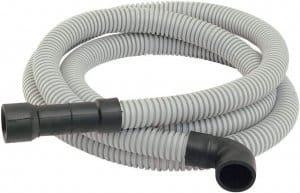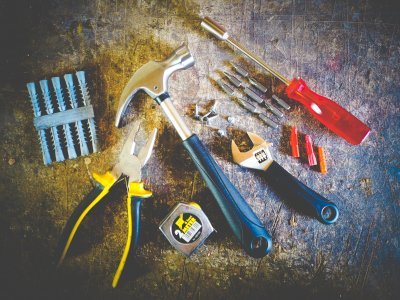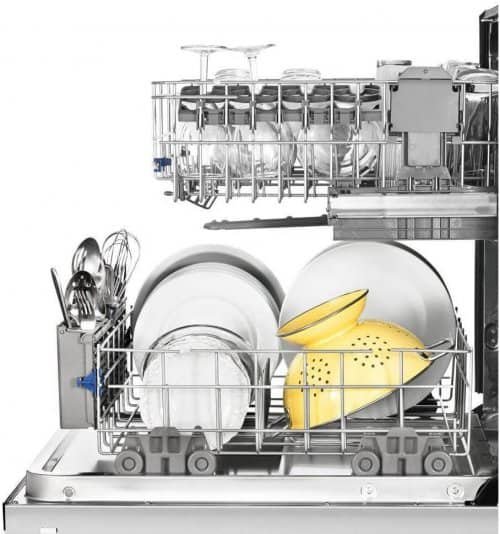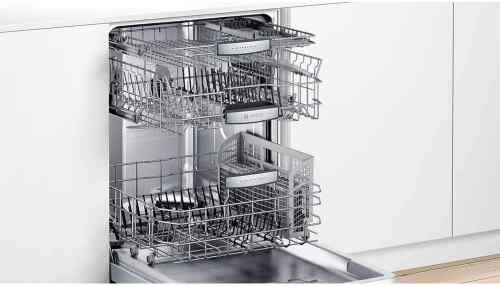When it comes to household appliances, dishwashers are a true time-saver. They make cleaning up after meals a breeze, leaving us with more time to spend on things we love. However, it can be quite frustrating when you discover that your dishwasher is leaking. This not only creates a mess but can also potentially damage your kitchen flooring and cabinets. In this article, we’ll delve into the common causes of why dishwasher leaks and provide you with practical solutions to address the issue.
Table of Contents
Understanding the Issue
The Basics of Dishwasher Leaks
Dishwasher leaks are more than just an annoyance; they can indicate an underlying problem with your appliance. Leaks can occur for a variety of reasons, ranging from simple issues to more complex malfunctions. Identifying the cause is crucial in order to prevent further damage and ensure the proper functioning of your dishwasher.

Common Causes of Why Dishwasher Leaks
Faulty Door Seal
A common cause of dishwasher leaks is a faulty door seal. Over time, the rubber gasket that seals the door can become worn or damaged, allowing water to seep out during the wash cycle. Regularly inspect the door seal for any signs of wear, such as cracks or tears.
Loose or Damaged Hose Connections
Dishwashers rely on hoses to bring in water and drain it away. If these hose connections become loose or damaged, water can leak out. Inspect the hoses for any visible cracks, and make sure all connections are tight.

Clogged Drainage System
A clogged drainage system can cause water to back up and leak from the dishwasher. Check the drainage filter and drain hose for any debris or blockages that might be obstructing the flow of water.

Broken Float Switch
The float switch is responsible for regulating the water level inside the dishwasher. If it becomes stuck or malfunctions, it can cause the dishwasher to overfill and leak. Ensure that the float switch moves freely and is not obstructed.
Worn Pump or Pump Seal
The pump is a critical component of the dishwasher that circulates water throughout the appliance. If the pump or its seal becomes worn, water can leak out. Inspect the pump area for any signs of water accumulation or damage.
Improper Detergent Use
Using too much detergent or the wrong type of detergent can lead to excessive sudsing, which may result in leaks. Always follow the manufacturer’s guidelines for detergent usage.

Solutions to Prevent Leaks
Taking Action to Prevent Leaks
Addressing dishwasher leaks promptly can help you avoid more extensive damage. Here are some steps you can take:
Regular Maintenance
Perform regular maintenance tasks, such as cleaning the filter and checking hose connections. This can help prevent issues before they escalate.

Replace Worn Parts
If you notice any worn or damaged parts, such as the door seal or hoses, replace them promptly to prevent leaks.
Proper Loading
Avoid overloading the dishwasher, as this can put stress on the door seal and other components, potentially leading to leaks.
Conclusion
A leaking dishwasher can quickly turn a convenient appliance into a source of frustration. By understanding the common causes of leaks and implementing proper maintenance and care, you can keep your dishwasher functioning smoothly and your kitchen clean and dry.

FAQs
Q1: How can I tell if the door seal is the cause of the leak?
A1: Check for any visible cracks, tears, or deformities in the door seal. If you find any issues, it’s likely the cause of the leak.
Q2: Can I use any type of detergent in my dishwasher?
A2: It’s best to use a detergent specifically designed for dishwashers to avoid excessive sudsing and potential leaks.
Q3: How often should I clean the drainage filter?
A3: It’s recommended to clean the drainage filter at least once a month to prevent clogs and potential leaks.
Q4: What should I do if I suspect a problem with the pump?
A4: If you notice water accumulation around the pump area or hear unusual noises during operation, it’s advisable to call a professional technician to inspect and repair the pump.
Q5: Is dishwasher installation a common cause of leaks?
A5: Improper installation can indeed lead to leaks. Ensuring proper hose connections and leveling during installation can help prevent this issue.

